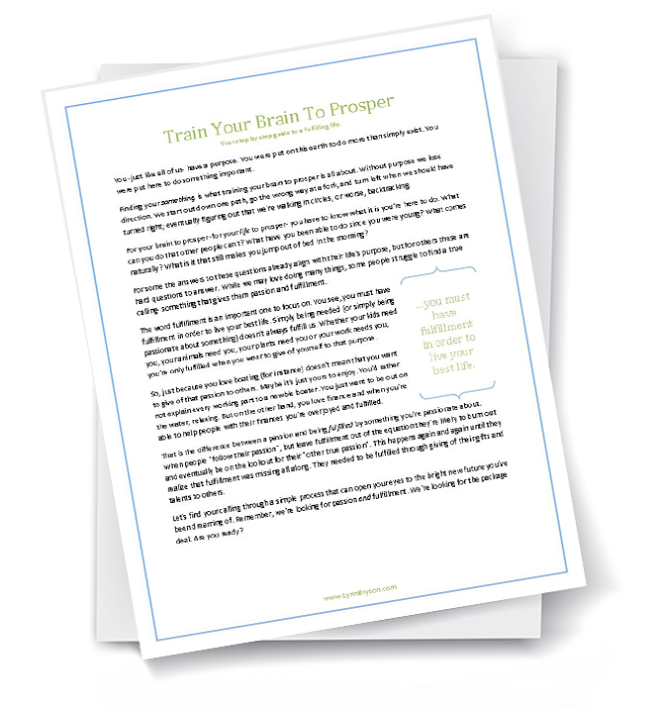Coping with the loss of a spouse, family member or close friend is one of the toughest challenges that a lot of us have to face at one point or another. Although grief is a normal, healthy, and very personal reaction to loss, it might not seem normal to you. When we lose a sibling, spouse, or parent the grief could be particularly intense.
Grief: Common Triggers
While grief is often associated with the death of a loved one, there’re several other life events where grieving is a suitable and healthy response, such as:
- Loss of an anticipated opportunity
- Divorce, separation or the end of your relationship
- Retirement
- A considerable decline in your health status or the health of a loved one
- Financial setback
- Death of your pet
How a Life Coach Helps
Grief coaching is a fairly new segment of the important life coaching industry. A life coach helps individuals cope effectively with grief. The coach provides a safe place for people who are dealing with grief to express their thoughts and opinions and tell their story.
Helps You Acknowledge
The aim of healthy grieving is not to overlook or forget who or what you have lost; rather, it is to acknowledge and recognize the importance of that loss in the context of your life. In this regard, an end of life coach helps people adjust to, as well as accept, the new reality that is shaped by your loss.
The coach emphasizes that grieving is not an easy task and time alone would not heal the loss. He or she stresses that healthy grieving is a conscious and active process that is important for your well-being and to recover your emotional equilibrium.
Develops Resilience
A life coach is trained to help an individual better handle the guilt, fear, or anxiety that is often associated with the death of a friend or a loved one. Life coaches can help people develop their resilience while devising strategies to effectively get through the sadness. A life coach explains the grieving process in detail and helps the grieving person forge a new and healthy relationship with their lost family member or loved one, replete with positive and healthy memories.
In addition, counseling can facilitate the journey to a stable state where the bereaved may cope, make the right choices and move on.
Allows You to Grieve At Your Own Pace
Another benefit of healthy grieving with a life coach is that there isn’t a fixed schedule for grief counseling. As a result, you may grieve in your own time and in your own way. A professional will work closely with you during each stage of the grieving process, holding your hand, if necessary, along the way. This allows you to grieve freely and get valuable advice on how you can better work through various issues when they arise.
If you’re angry, for example, a life coach can help you stay focused on the main sources of your anger while helping you find healthy and positive ways to channel these feelings. So, for instance, when you feel the onset of frustration and anger, you could choose to meditate, take deep breaths rather than lashing out or breaking things.
Helps Achieve Stability
You do not have to forget your loved one. However, it is important to reach a healthy stage where your mental focus can shift from pain and anguish to positive memories as well as legacies that your loved one left behind.
This way you would be able to effectively replace most of your negative emotions with more sustainable and happy ones during the grieving process. Also, you could work through worksheets to adequately assess your grief level. When you have someone to talk to, it makes things much easier to process.


Leave a Reply